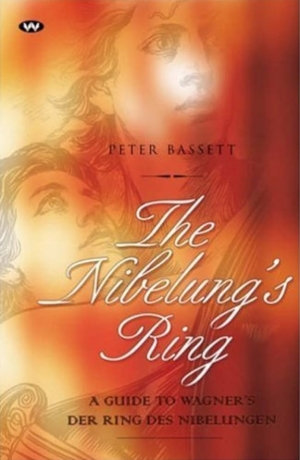Opera
Alastair Jackson reviews 'The Opera Lover's Companion' by Charles Osborne
Charles Osborne, who was born in Brisbane in 1927 and moved to London in 1953, is a prolific writer, broadcaster and opera critic. His latest offering, The Opera Lover’s Companion, sets out to guide its reader through 175 of the world’s most popular operas. Osborne correctly states that ‘the staples of the operatic diet today are the major works of five great composers – Mozart, Verdi, Wagner, Puccini, and Strauss’ – and certain works by other luminaries. The operas of sixty-seven composers are included, but that core quintet gives us almost a third of the operas in this volume. Interestingly, in opera’s four hundred-year history, the vast majority of the most frequently performed works fall within the period between Mozart’s first featured opera, Mitridate, rè di Ponto (1770) and Strauss’s last, Capriccio (1942).
As with The New Kobbé’s Opera Book (1997), the list reveals a re-evaluation of many previously neglected operas, in particular some lesser-known works of Handel, Rossini, Donizetti, Massenet, and Strauss, which have enjoyed a renaissance in recent years. Doubtless this also reflects the dearth of modern operas and the scarcity of contemporary composers who know what their audiences want. Any opera company ignoring box office appeal does so at its peril, and a book such as this should be mandatory reading.
... (read more)Peter Porter reviews ‘The Nibelung’s Ring: A guide to Wagner’s Der Ring des Nibelungen’ by Peter Basset and ‘The Cambridge Companion to Grand Opera’ edited by David Charlton
While you read this review, someone somewhere in the world is organising his or her calendar for the next few years to make sure that it will include at least one performance of The Ring. Special flights, advance tickets, holidays and sabbaticals will be juggled with, and ‘The Festival Play of Three Days with a Preliminary Evening’ will be tracked down and added to a pilgrim’s relentless progress. The opportunities are widespread temporally and geographically. Bayreuth manages a new or an adapted production each year, and opera houses and festival sites round the world have become devoted to mounting Ring productions – some at colossal cost and others of ingenious improvisation. Cologne and Adelaide are merely the latest to come to mind, within a month or two of each other this year. Der Ring des Nibelungen has at last become the World Drama that Richard Wagner planned; however its box-office success is taking its composer’s real intention ever further from realisation.
... (read more)Harold Love reviews '25 Years of Australian Opera' by Neil Warren-Smith with Frank Salter
That Neil Warren-Smith was a magnificent singer and actor I knew from having seen him in many Trust and Australian Opera seasons, including the very first in 1956. But his proneness to appear as czars, monks, ancient sages, field marshals and similar dignified personages had concealed from me that he was also a magnificent larrikin. This is a very welcome bonus of what is, sadly, a posthumous autobiography, talked with unblushing frankness down a tape recorder and presented with what seems to have been a minimum of intervention by Frank Salter.
... (read more)Mary Lord reviews 'The Golden Age of Australian Opera' by Harold Love
For those who think that opera in Australia only began to get off the ground this book will come as something of a shock. There was a time, over a hundred years ago, when enthusiastic audiences drawn from across the social spectrum supported ‘regular seasons of the world’s best musical theatre’ by a resident, commercial opera company which played in all the major capital cities.
... (read more)


